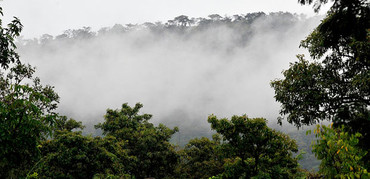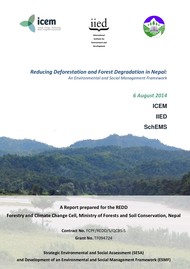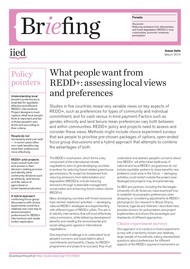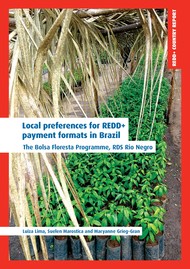Socio-economic conditions in REDD+ pilot areas: A synthesis of five baseline surveys
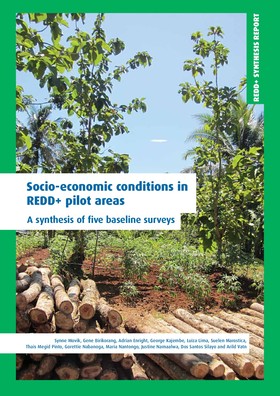
The project Poverty and sustainable development impacts of REDD+ architecture: Options for equity, growth and the environment (POVSUS-REDD+) was initiated in 2009, and aims to increase the understanding of how institutions can be created to facilitate the implementation of REDD+ at international, national and local levels, and to what extent its implementation will bring about reductions of greenhouse gas emissions, poverty reduction and sustainable development. The project is working in Brazil, Ghana, Tanzania, Uganda and Vietnam. In each participating country, REDD+ pilot areas were established to develop insights into how to introduce REDD+ at the local level.
This overarching report is structured as follows: section 2 describes the pilot areas studied, section 3 gives an overview of household characteristics and livelihoods, section 4 discusses tenure systems and forest management, section 5 looks at perceptions of climate change and demands concerning REDD+, while the final section offers concluding remarks and reflections on the implications for REDD+. Since this is a synthesis report, it only touches on the key features of each country and pilot.
Cite this publication
Available at https://www.iied.org/g03452
